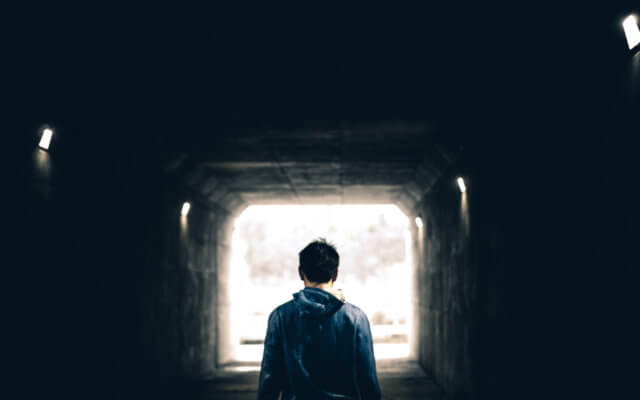ERASMUS+, Key action 1: youth exchange
Dates: 26 March—4 April 2025
Venue: Brebu, Caras-Severin, Romania
Czech team: 5 participants + 1 group leader
Please read the info-pack.
Hosting organisation: Nevo Parudimos
Project report:
The Erasmus+ youth exchange “Digital Bridges” brought together young people from Romania, Moldova, Czech Republic, Portugal, Italy, Georgia, and Ukraine to explore how digital technologies shape our thinking, behavior, identity, and everyday lives. The central theme focused on the fine line between the virtual and the real world and encouraged participants to reflect critically on the growing role of digital media and artificial intelligence in society.
Inspired by philosophical ideas from the movie The Matrix, the project invited us to question our understanding of reality and challenge how digital tools influence our values, habits, and even mental health. We explored essential questions like: What is real in a digital era? How do social media and algorithms influence our decisions? Can artificial intelligence be conscious? How far can technology go without losing our humanity?
The project aimed to strengthen digital literacy, critical thinking, and ethical awareness among youth. Participants learned to express their ideas, listen actively, work in international teams, and engage in meaningful dialogue.
Throughout the project, we took part in a wide variety of non-formal activities. Workshops focused on social media use, digital dependency, the risks and opportunities of AI, and ethical dilemmas of modern technologies. For example, we analyzed our own digital habits, discussed the influence of algorithms on public opinion, and debated whether AI should have rights. In a simulation activity, we experienced what it would feel like to live in a digitally controlled society with little privacy or freedom.
One particularly insightful session focused on real-world ethical challenges, such as the cloning of Dolly the sheep and experimental surveillance systems. These discussions helped us better understand the moral questions behind technological progress. In creative groups, participants imagined new digital tools that could help solve future problems—such as an app that supports mental health in a virtual reality setting.
We also had an “offline challenge,” where we spent a day in nature, completing group tasks with no access to digital devices. This helped us reconnect with the physical world and reflect on the importance of real human interactions.
Each evening, one national team hosted a cultural night, where we shared food, traditions, music, and dances from our home countries. For example, the Italian team gave a presentation on regional cultural differences, while the Georgian group taught us a traditional dance. These evenings helped us appreciate cultural diversity and build friendships across borders.
“Digital Bridges” was more than just a project—it was a space for transformation. We learned how to question the digital world we live in, how to communicate effectively across cultures, and how to be more conscious of our personal and collective digital behavior. As a team leader, I gained valuable experience in supporting my group, managing responsibilities, and fostering group cohesion in an international environment.
This project reminded us that behind every screen is a human being. While digital tools are powerful, it’s empathy, responsibility, and cooperation that shape a better future. We returned home not only with new knowledge, but with inspiration and motivation to be active citizens in both the online and offline worlds.
Special thanks to Simona and Liviu for their excellent coordination, and to the Erasmus+ programme for making this unique learning experience possible.
Yaroslav K.


